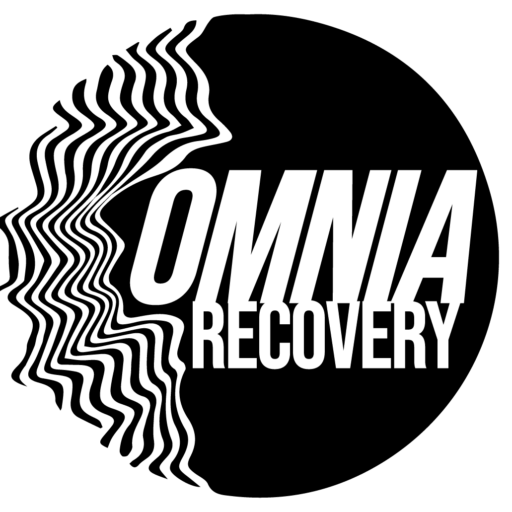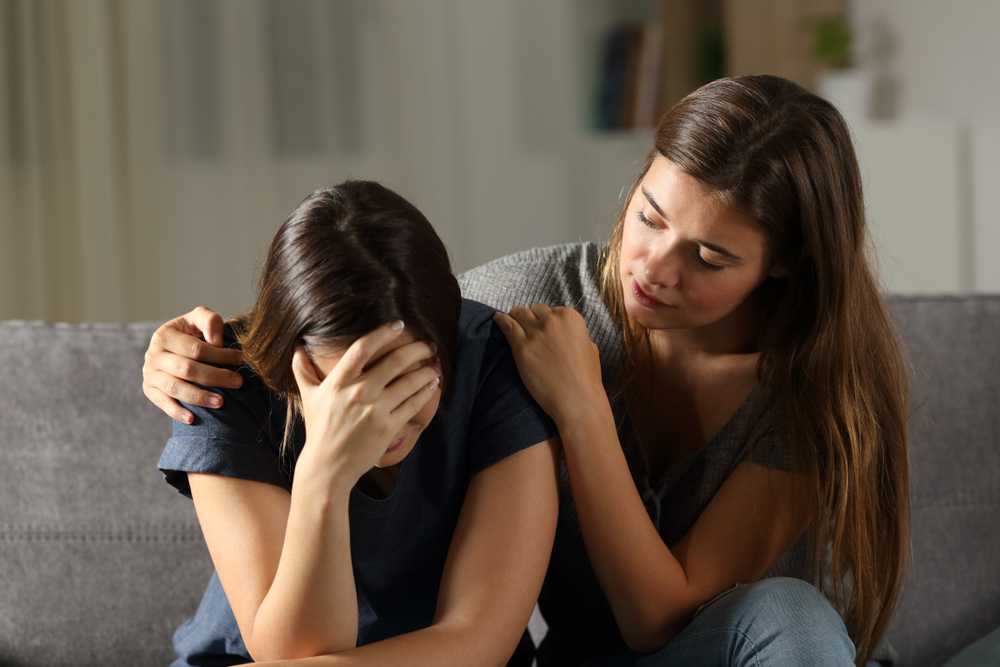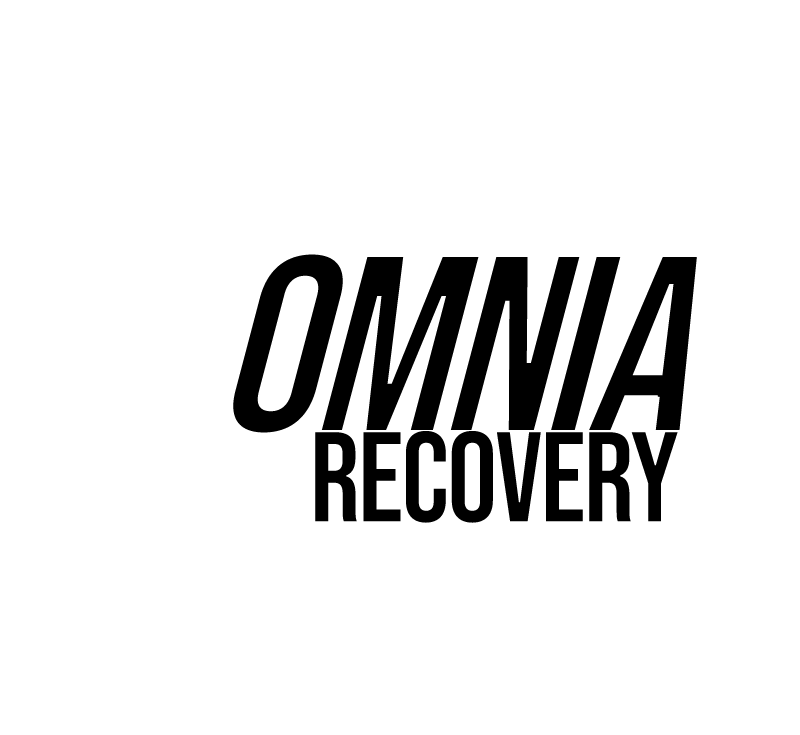If you and your family are dealing with a family member who is struggling with addiction, it can seem overwhelming, frustrating, hopeless, and sometimes embarrassing when you don’t know how to help. Thankfully, there are many strategies that can be employed by families dealing with addiction to improve communication and offer better support. Read on to discover eight tips for help for families dealing with addiction.
Tip #1
Show your love and support. No matter what you do, your actions need to come from a place of love and support. This might extend to staging an intervention or providing your loved one with information about nearby drug and alcohol rehab centers. When you carry out these actions, make sure that you express that these concerns come from a place of love and that you are not judging but rather trying to help.
Tip #2
Communicate openly. Don’t try to hide things or talk around the issue. If you are concerned about signs of addiction, say so. Let your loved one know what you are feeling and what your concerns are.
Tip #3
Express concerns. When you communicate openly, you can’t just tell a loved one that you have noticed signs of addiction like financial strain, paraphernalia, or excessive drinking at home. You need to communicate to your loved one that you are concerned about them and their well-being, and it’s not just about you being uncomfortable or thinking the worst of them.
Tip #4
Be patient. Sometimes, when families dealing with addiction communicate how they feel or let their loved one know that they are concerned, their loved one doesn’t respond the way they expect. It is perfectly normal for someone struggling with addiction to not realize they have a problem or to feel different emotions when a family member confronts them and to respond poorly.
Families dealing with addiction need to be patient and remember that showing love and communicating openly have to be done regularly, not just once.
Tip #5
Educate yourself as much as you can. Sometimes, the best help for families dealing with addiction comes from educational resources. These resources can provide situation-specific tips on recognizing individual substance abuse symptoms or understanding certain mental health disorders commonly linked with specific substances.
Tip #6
Families dealing with addiction need support as well. Whether or not your loved one is in a treatment program, you can find support groups in your area designed for people whose loved ones are dealing with addiction.
These support groups offer a place to communicate openly about struggles, difficult feelings, and wishes, as well as a place to connect with available resources or learn coping strategies and communication tips that might help your family.
Tip #7
Consider an intervention. This might mean working with a professional interventionist to stage an intervention for your loved one or setting one up yourself with other members of your family. Working with an interventionist might provide a chance to better communicate important information and to offer professional help.
Tip #8
Find professional help where necessary. This also extends to contacting treatment centers that might have programs suitable for your loved one and having that information ready for when your loved one seeks help.
Omnia Recovery is a behavioral health clinic in Thousand Oaks offering several forms of outpatient care. We provide a range of individual programs to treat different substances and co-occurring mental health disorders through our dual diagnosis treatment in Los Angeles. Families dealing with addiction can find resources as well as actionable information about different programs in the area and provide this information to their loved ones in need.
Where to Find Help
Overall, help for families dealing with addiction comes in many forms. When a family member notices the first signs of addiction, help might come in the form of learning to openly communicate without judgment and expressing love. When an individual is already in treatment, that help might come in the form of educational resources and support groups for family members. After a relapse or when an individual hasn’t yet received treatment, help can be found in the form of professional interventions and outpatient programs from Omnia Recovery. Reach out to our Los Angeles behavioral health services team today at 1-866-289-6096 to learn how we can help you find the right program for your loved one.




